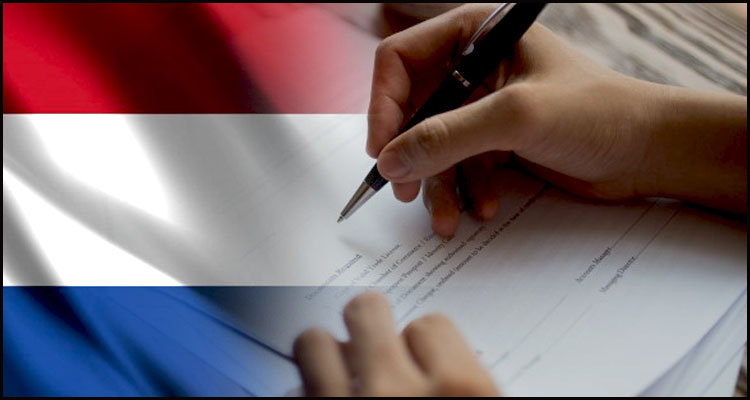Netherlands’ proposed iGaming rules sent to the European Commission

As part of its ongoing effort to launch a regulated iGaming market and the government of the Netherlands has reportedly submitted a draft of its proposed regulations for approval by the European Commission.
According to a Tuesday report from the news domain at iGamingBusiness.com, federal legislators ratified the nation’s legalizing Remote Gambling Act some 18 months ago and have since been working towards finalizing a definitive set of governing regulations. The source explained that stakeholders and interested parties now have until November 13 to submit comments regarding these planned iGaming rules to the European Commission, after which the body is to determine whether they are compatible with the laws of the European Union.
Sweeping scope:
It was detailed that the Netherlands is still hoping to begin its inaugural iGaming licensing application process in January with the proposed regulations covering particulars regarding such areas as records keeping, technical standards and reporting requirements. The source related that the draft rules also lay out the intervention measures licensed operators will be required to take if they feel a player is showing signs of developing a gambling problem.
Player protection:
The domain reported that the new rules are to mandate that licensed iGaming operators concerned about the wellbeing of their players intervene by offering advice on treatment resources after providing data highlighting specific unhealthy behaviors. Firms are to purportedly also be asked to encourage at-risk gamblers to establish time and spending limits or take advantage of a self-exclusion program although they could subsequently be blocked if any of these earlier measures prove unsuccessful.
It was further reported that the propositioned regulations are to moreover oblige operators to provide individual players with a ‘clear and comprehensible explanation’ behind each intervention after taking into account variables such as the number of earlier mediations and the age and past reactions of the gambler.
Detailed documentation:
Regarding reporting measures and iGamingBusiness.com  asserted that the new rules are to ask all licence holders to submit annual registers specifying the number of registered players, rejected actions, complaints, suspected integrity breaches and due diligence checks. The source explained that the proposals are to furthermore allow the nation’s Kansspelautoriteit (KSA) regulator to request more frequent tallies and compel online casino firms to record detailed information on each customer including the total time and money spent across various verticals alongside whether they had ever been the subject of an intervention.
asserted that the new rules are to ask all licence holders to submit annual registers specifying the number of registered players, rejected actions, complaints, suspected integrity breaches and due diligence checks. The source explained that the proposals are to furthermore allow the nation’s Kansspelautoriteit (KSA) regulator to request more frequent tallies and compel online casino firms to record detailed information on each customer including the total time and money spent across various verticals alongside whether they had ever been the subject of an intervention.
Supplementary security:
The coming rules furthermore state that electronic casino games must utilise a ‘reliable random number generator’ that ‘cannot be manipulated’ will all live-dealer entertainment protected from ‘unauthorized access, unauthorized use and manipulation’. In addition, the regulations purportedly stipulate that licensed operators refrain from presenting ‘games of chance under a name that is misleading’ and not offer sportsbetting markets on ‘negative events’ such as the number of yellow cards in a soccer match or variables that have no direct impact on the outcome of a game.
While online casinos in India are not explicitly illegal, they also operate in a legal gray area. Indian players can legally access and play at offshore online casinos, but the regulation of these platforms is not covered by Indian law. As the landscape around online gambling continues to evolve, there may be future developments in how Indian law addresses online casinos. Players should stay informed about local laws and choose reputable, secure casinos to minimize risks.




